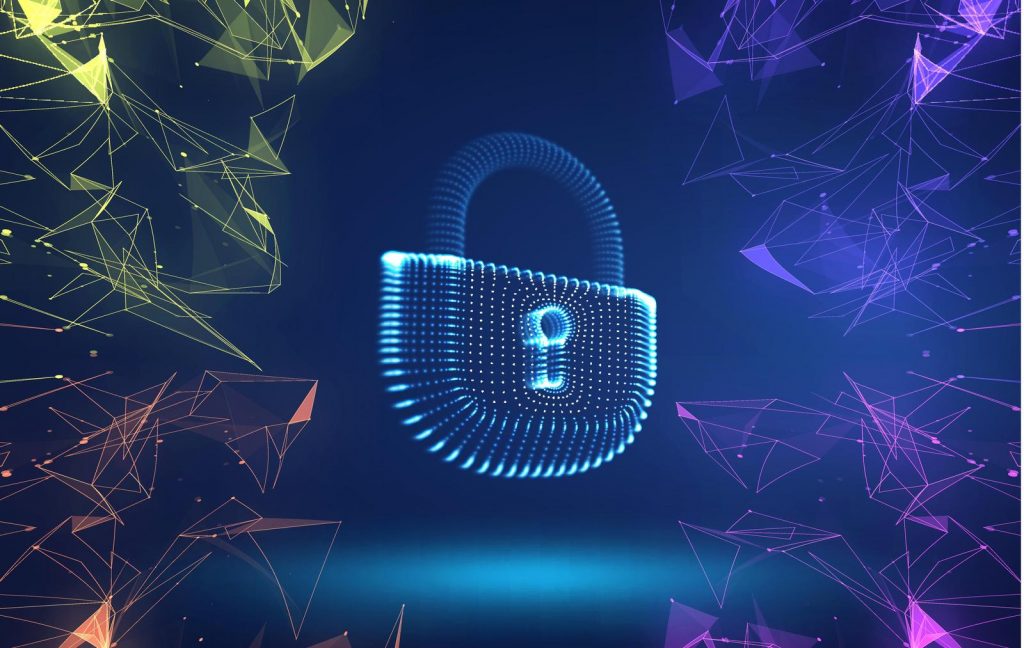As a business owner, it's crucial to understand how cyber threats work and how you can protect your company. Cyber threats can take many forms, including hacking, malware, social engineering, and ransomware.
To protect your company against cyber threats, be sure to stay up-to-date with the latest IT trends. This includes using an advanced firewall, updating aging software, implementing time restrictions for employees, and having a clean and well-maintained work environment. In addition, be sure to store information in encrypted form when possible, and use two-step authentication to prevent unauthorized access. Even though threats via the internet are constantly evolving, the best way to protect your company is to be proactive.
Securing network and data
Today's security risks are no longer just limited to running the wrong browser or clicking a bad link. Hackers can steal private data, steal funds, or delete data, all remotely. Whether it is a corporation, an individual, or a home, many things need to be secured. Hackers can attack through many avenues, so it is essential to have a good grasp of the following topics:
Use a business-grade firewall.
A business-grade firewall is your business's first line of defense against cyberattacks like DDoS, phishing, and ransomware. A firewall is only effective if the network is actively monitored for attacks. You need to know how to respond and block unwanted traffic on your network.
Embrace modern cloud computing services.
Adopting and embracing modern cloud computing services can help your business guard itself against cyberattacks and help optimize processing power, storage capacity, and other processes. However, current applications like instant messaging, collaboration, social media, cloud-based storage, and applications require vigilant security considerations. For example, instant messaging services like GroupMe, Microsoft Teams, and Slack use end-to-end encryption to guard sensitive company data against interception.
Use a secure VPN when connecting to the corporate network.
A VPN (Virtual Private Network) is a secure connection that connects two or more locations to provide a protected tunnel to your network. Since not all VPNs are created equal, it's essential to research and compare features like: Firewall, Privacy, and data encryption type (and strength) for the best protection and price. As part of your security framework, make sure to use VPNs that offer the best guarantee of the highest levels of encryption and highest levels of protection.
Setup Real-time security alerts.
The most important thing you can do to protect your business from cyberattacks is to set up real-time security alerts. Set a security level, monitor your systems, analyze all your network activity in real-time.
Use a robust Antivirus solution.
Antivirus software helps to reduce the risk of malware and viruses infecting your computer systems and stealing data. It can also play a significant role in protecting networks and systems against ransomware attacks, hacking, or denial of service attacks. You should take time to review all of your computers and make sure that a robust antivirus solution protects them.
Use multi-factor authentication.
Multi-factor authentication is a security measure that requires an authorized user to provide two or more of the following:
- Something they know (e.g., password)
- A physical token (e.g., key)
- Something they have (e.g., cell phone)
- Something they are (e.g., biometric data)
The goal of multi-factor authentication is to protect an account and any information attached to it.
Activate encryption to protect your information.
Protecting sensitive data is one of the most critical tasks that can be done to protect both your client's data and your company. The right balance of security and ease of use for customers involves choosing the suitable encryption method that can be used to encrypt sensitive data at rest, in transit, and in use. The first step is to encrypt data at rest by choosing an easy-to-use encryption solution. The encryption solution should be easy enough to use so that customers do not have to learn how to use it, but difficult for unauthorized personnel to potentially access unencrypted data. You can also encrypt data in transit by adding an extra layer of security by encrypting it with the suitable encryption method.
Have a proper data backup plan in place.
The most important thing you can do to protect your business from cyberattacks is to back up your data regularly. When you back up your data, it is automatically protected against loss, whether a file gets deleted, a computer crashes, a fire happens, a virus gets in, or a system gets hacked. There are software packages available to help you back up your data. The two most common types of backup software are system backups and file backups. A system backup allows you to restore your whole operating system. A file backup will enable you to restore individual files when they get lost.
Your computers and network equipment should always be running the latest operating system and backed up in real-time.

